August 3, 2024
How Understanding Drug Abuse Fuels Recovery
Get help and ignite your journey to recovery with a drug abuse definition that empowers.

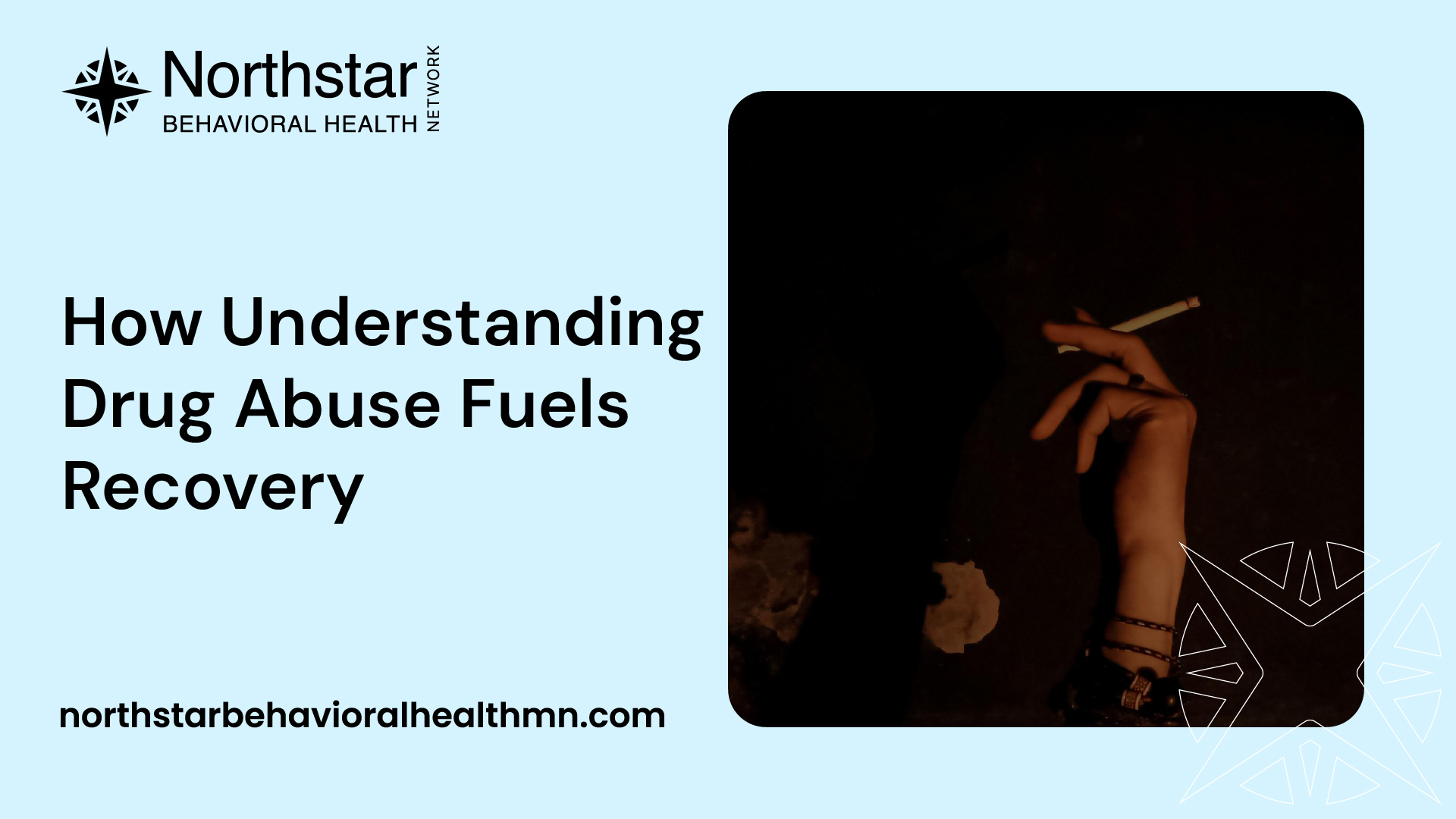
Recognizing Drug Abuse
Understanding drug abuse is a crucial step in recognizing the need for help and initiating the path to recovery. By familiarizing oneself with the definition of drug abuse and being aware of its signs and symptoms, individuals can gain insight into their own situation and make informed decisions about seeking help.
Understanding Drug Abuse
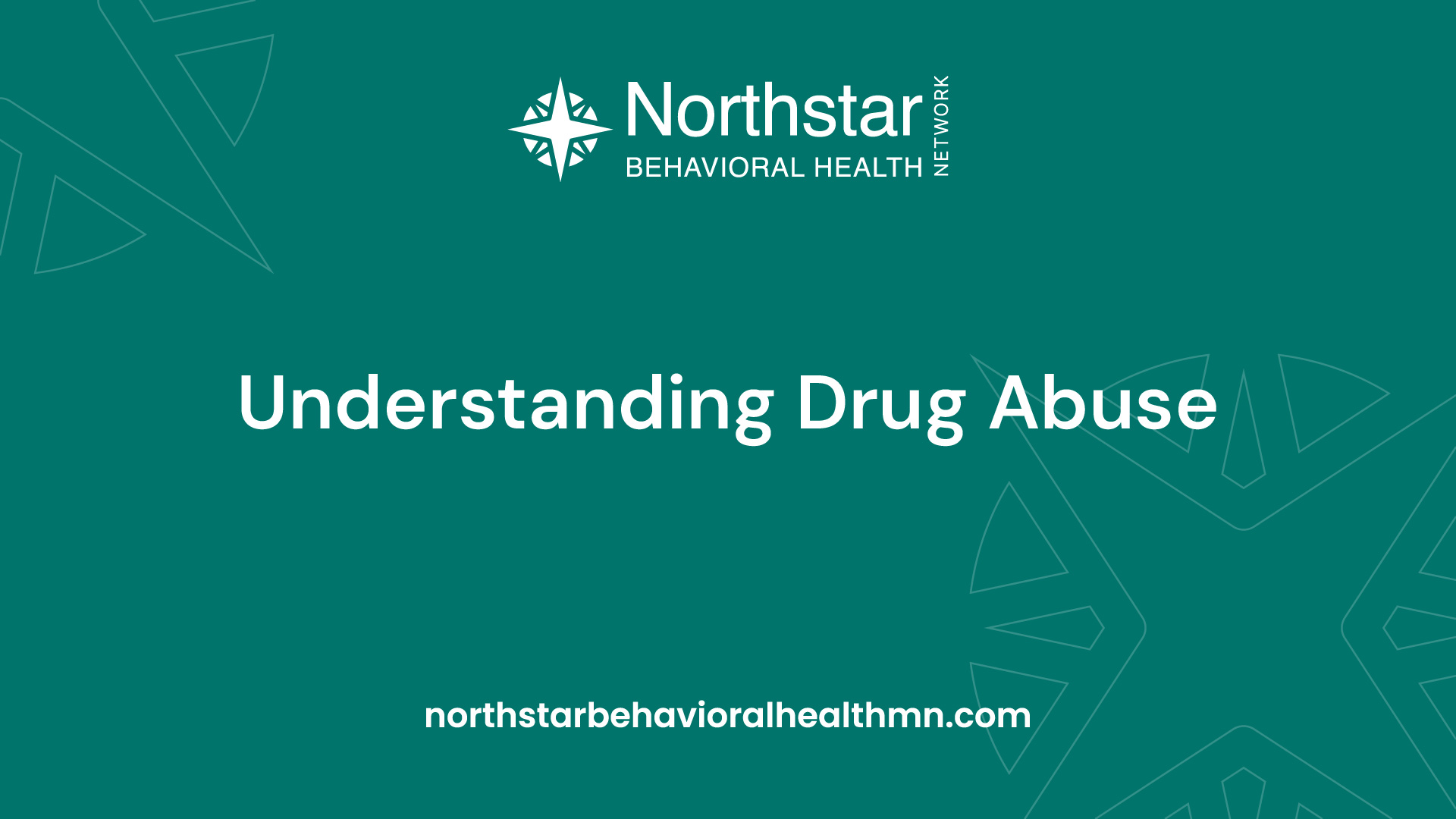
Drug abuse refers to the misuse or excessive use of drugs, whether they are legal or illegal substances. It involves the compulsive and harmful consumption of these substances, leading to significant negative consequences on an individual's physical health, mental well-being, and social relationships.
It's important to note that drug abuse is different from drug use. While drug use may be recreational or for legitimate medical purposes, drug abuse involves the misuse or excessive consumption that goes beyond prescribed or recommended dosages. It often results in a loss of control over one's drug consumption and a negative impact on various aspects of life.
To better understand the range of substances that can be abused, it is helpful to explore different types of drugs, including prescription drugs, illicit drugs, and even legal substances like alcohol. For more information on specific drugs and their effects, refer to our article on examining the range of drug abuse addiction and treatment.
Signs and Symptoms of Drug Abuse
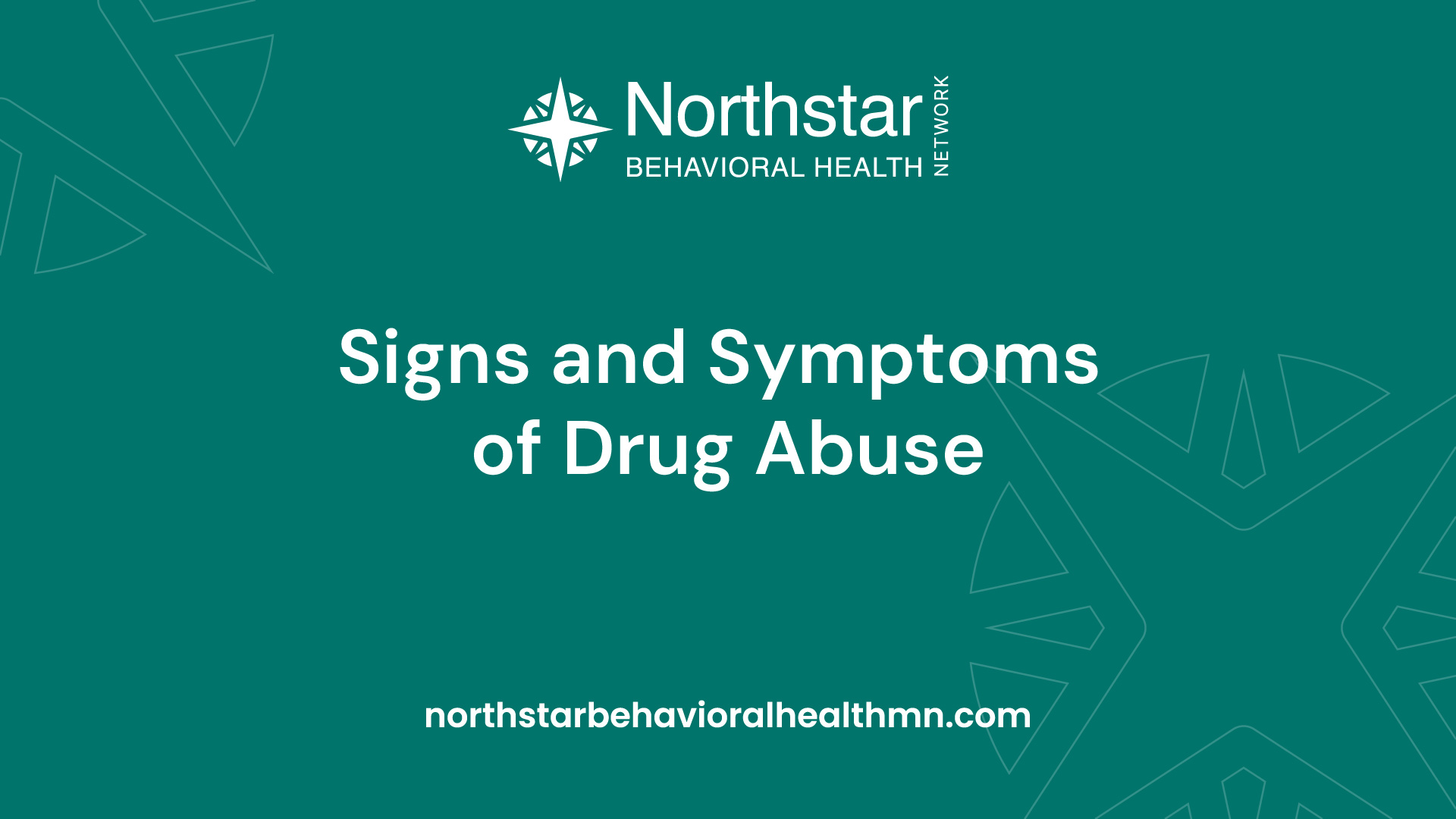
Recognizing the signs and symptoms of drug abuse is essential in identifying a potential problem. While the specific signs may vary depending on the drug being abused, there are common indicators to look out for. These signs can be categorized into physical, behavioral, and psychological symptoms.
It's important to note that the presence of these signs and symptoms does not definitively indicate drug abuse. However, if you or someone you know is experiencing multiple symptoms, it may be a cause for concern. If you suspect drug abuse, it is crucial to seek professional help and support. For more information on helping someone struggling with addiction, refer to our article on how to help an addict that happens to be your sister.
Recognizing drug abuse is the first step towards recovery. By understanding the definition of drug abuse and being aware of the signs and symptoms, individuals can gain clarity about their situation and take the necessary steps towards a healthier and more fulfilling life.
Impact of Drug Abuse
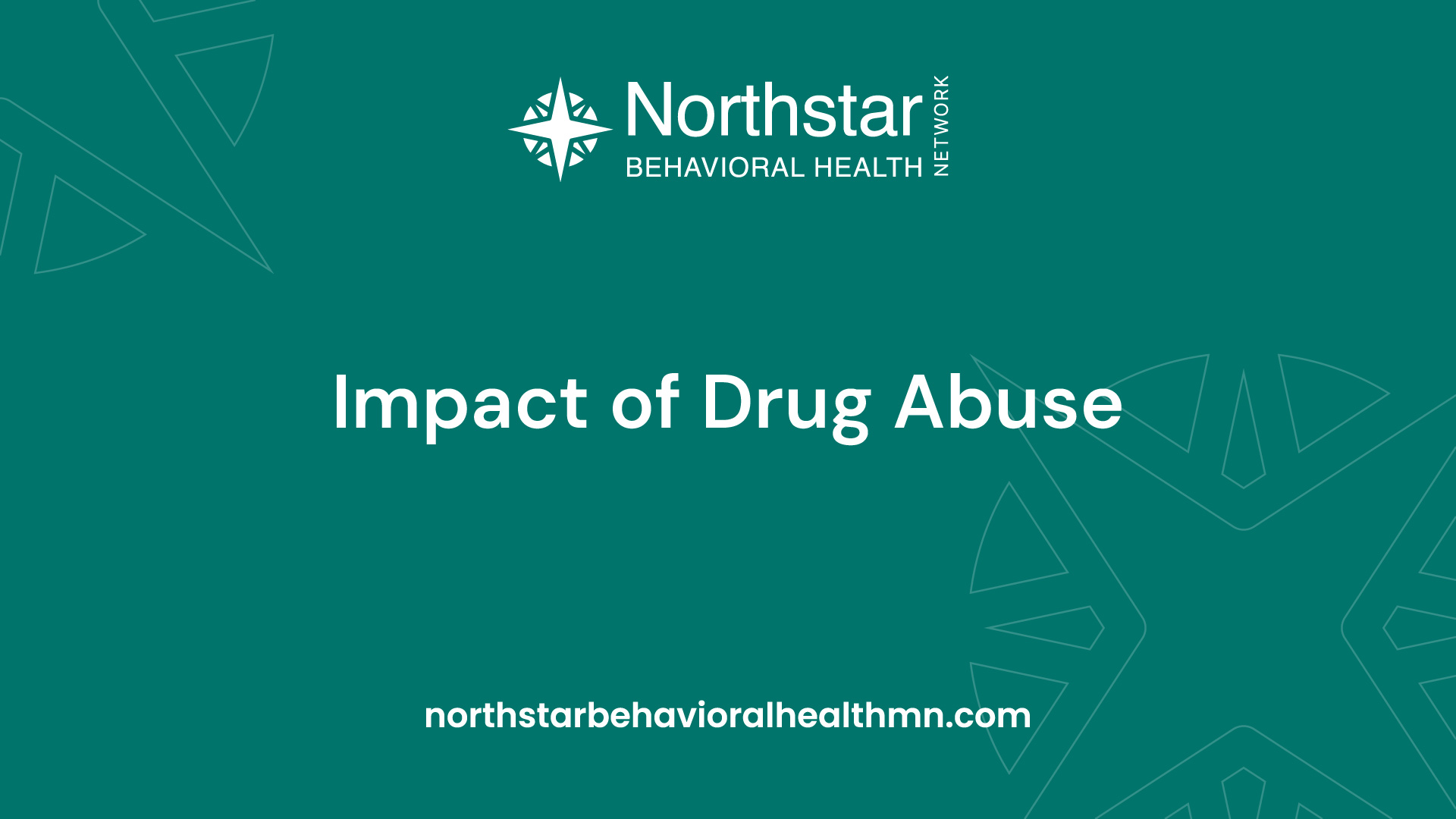
When it comes to drug abuse, the effects can be far-reaching and impact various aspects of an individual's life. Understanding the physical, emotional, and social effects of drug abuse is essential in recognizing the need for help and embarking on the journey to recovery.
Physical Effects
Drug abuse can have significant physical effects on the body. The specific effects may vary depending on the type of drug used, the duration of abuse, and the individual's overall health. Some common physical effects of drug abuse include:
It's important to note that prolonged substance abuse can lead to severe health complications and, in some cases, be life-threatening. Seeking help from professionals is crucial to address these physical effects and minimize further harm.
Emotional Effects
Drug abuse can take a toll on an individual's emotional well-being. Substance abuse can alter brain chemistry and interfere with the production and regulation of neurotransmitters, leading to various emotional effects. Some common emotional effects of drug abuse include:
These emotional effects can not only impact an individual's personal life but also strain relationships with family, friends, and colleagues. Seeking help for drug abuse can provide the necessary support to address these emotional challenges and work towards emotional stability.
Social Effects
Drug abuse can have a profound impact on an individual's social life and relationships. The social effects of drug abuse can vary depending on the severity of addiction and the extent to which it has disrupted daily life. Some common social effects of drug abuse include:
The social consequences of drug abuse can be devastating, leading to a breakdown in personal and professional relationships, loss of employment, and legal troubles. Seeking help and entering a treatment program can provide the necessary guidance and support to rebuild social connections and regain stability in life.
Understanding the impact of drug abuse on physical health, emotional well-being, and social relationships is crucial in recognizing the need for change and seeking help. By addressing these effects, individuals can embark on a journey of recovery and work towards a healthier, more fulfilling life.
Seeking Help for Drug Abuse
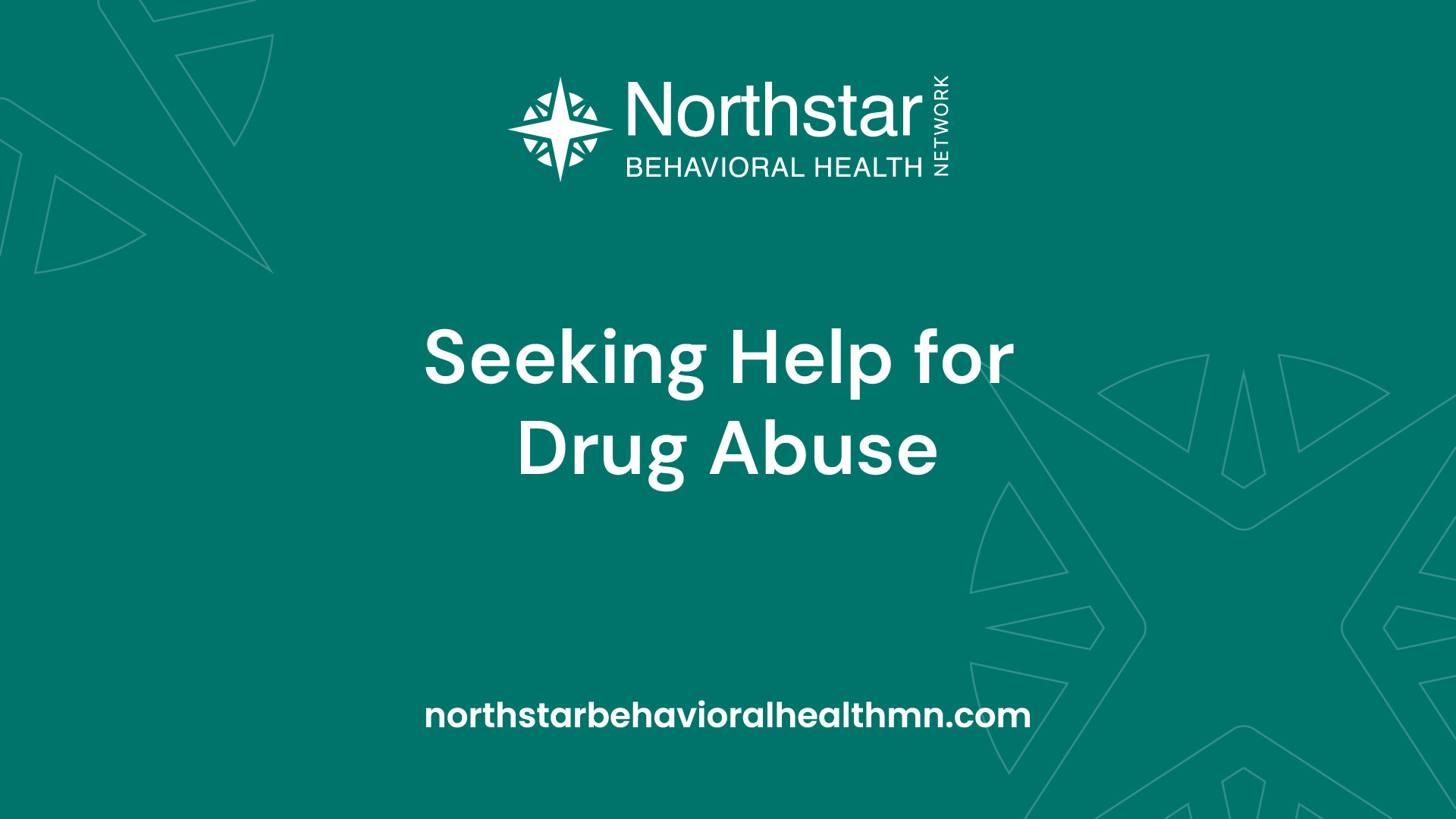
When it comes to drug abuse, seeking help is a crucial step towards recovery. Recognizing the importance of seeking assistance and understanding the support systems available can make a significant difference in your journey towards overcoming addiction.
Importance of Seeking Help
Acknowledging that you need help and making the decision to reach out is a powerful first step in the recovery process. Seeking help for drug abuse offers several benefits, including:
- Professional guidance: Seeking professional help provides access to trained experts who specialize in addiction treatment. These professionals can provide personalized assessments, develop tailored treatment plans, and offer ongoing support throughout your recovery journey.
- Medical supervision: Depending on the severity of your addiction, medical supervision may be necessary. Seeking help ensures that you receive the appropriate medical care, including detoxification if needed, to manage withdrawal symptoms and minimize potential health risks.
- Emotional support: Overcoming drug abuse can be emotionally challenging. Seeking help allows you to connect with therapists, counselors, and support groups that can provide a safe and non-judgmental space to share your experiences, learn coping strategies, and receive encouragement from others who have faced similar struggles.
- Accountability and structure: Treatment programs provide a structured environment that can help you stay on track with your recovery goals. Regular therapy sessions, group meetings, and other activities help establish accountability and provide a framework for personal growth.
Support Systems Available
When seeking help for drug abuse, various support systems are available to assist you in your recovery journey. These include:
- Therapy and counseling: Individual therapy and counseling sessions are a cornerstone of addiction treatment. Therapists and counselors can help you explore the underlying factors contributing to your drug abuse, develop coping mechanisms, and build resilience for long-term recovery. Cognitive-behavioral therapy (CBT), dialectical behavior therapy (DBT), and motivational interviewing are some commonly used therapeutic approaches. For more information, read our article on cognitive therapy techniques explained simply.
- Medication-Assisted Treatment (MAT): For individuals struggling with opioid or alcohol addiction, medication-assisted treatment may be recommended. This approach combines medication, such as methadone or buprenorphine, with counseling and behavioral therapies to manage withdrawal symptoms, reduce cravings, and support recovery.
- Inpatient and Outpatient Programs: Inpatient (residential) and outpatient treatment programs offer different levels of care to accommodate individual needs. Inpatient programs provide 24/7 supervision and a structured environment, while outpatient programs allow you to receive treatment while living at home. The choice between these programs depends on factors such as the severity of your addiction, personal circumstances, and treatment recommendations from professionals.
Remember, seeking help is not a sign of weakness, but rather a courageous step towards a healthier and happier life. If you're unsure which treatment option is best for you or need assistance finding resources in your area, reach out to a helpline or consult with a healthcare professional. With the right support system in place, you can embark on the path to recovery and reclaim control of your life.
Treatment Options
When it comes to overcoming drug abuse, there are various treatment options available to help individuals on their journey to recovery. These options include therapy and counseling, medication-assisted treatment, and inpatient and outpatient programs.
Therapy and Counseling
Therapy and counseling play a vital role in the treatment of drug abuse. These approaches provide individuals with a safe and supportive environment to address the underlying causes of their addiction and develop healthy coping mechanisms.
Different types of therapy, such as cognitive-behavioral therapy (CBT) and dialectical behavior therapy (DBT), may be utilized to address specific needs and challenges. Through therapy and counseling, individuals can gain a better understanding of their addiction, learn effective strategies for managing cravings and triggers, and develop skills to prevent relapse.
For those seeking help with drug abuse, therapy and counseling can be a valuable tool in their recovery journey. To learn more about cognitive therapy techniques, check out our article on cognitive therapy techniques explained simply.
Medication-Assisted Treatment
Medication-assisted treatment (MAT) combines medications with therapy and counseling to support individuals in their recovery from drug abuse. MAT is commonly used for opioid and alcohol addiction.
Medications used in MAT help reduce withdrawal symptoms, cravings, and the pleasurable effects of drugs. This allows individuals to focus on their recovery without the intense physical and psychological struggles that often accompany addiction. It's important to note that medication-assisted treatment should always be administered under the guidance of a healthcare professional.
To explore different medications used in the treatment of drug abuse, consult with a healthcare provider or addiction specialist.
Inpatient and Outpatient Programs
Inpatient and outpatient programs are two primary options for individuals seeking drug abuse treatment.
Inpatient programs, also known as residential treatment programs, provide individuals with a structured and supportive environment away from their regular daily life. In these programs, individuals reside at a treatment facility for a specified period. This immersive setting allows for intensive therapy, counseling, and support, helping individuals develop the necessary skills and tools for long-term recovery.
Outpatient programs offer flexibility for individuals who do not require 24/7 supervision or have responsibilities they cannot leave behind. These programs allow individuals to receive treatment while still living at home and attending work or school. Outpatient programs may include individual and group therapy sessions, counseling, and educational programs.
The choice between inpatient and outpatient programs depends on the individual's specific needs, the severity of their addiction, and their personal circumstances. It's important to consult with a healthcare professional or addiction specialist to determine which program is the most suitable option.
Understanding the available treatment options is a crucial step in the journey to recovery from drug abuse. Therapy and counseling, medication-assisted treatment, and inpatient and outpatient programs offer individuals the support and tools they need to overcome their addiction and build a healthier future.
Steps Towards Recovery
Recovering from drug abuse is a challenging but achievable journey. It requires commitment, determination, and a willingness to make positive changes in your life. Here are three important steps that can help guide you towards recovery.
Making the Decision to Change
The first and most crucial step towards recovery is making the decision to change. Acknowledging that drug abuse is negatively impacting your life and having the willingness to seek help is a significant milestone. Recognize that change is possible and that you have the power to take control of your life.
To make the decision to change, it can be helpful to reflect on the consequences of drug abuse and the positive aspects of a drug-free life. Consider the impact on your physical health, relationships, career, and overall well-being. Recognize that seeking help is not a sign of weakness, but a brave and courageous step towards a better future.
Building a Strong Support Network
Building a strong support network is vital during the recovery process. Surrounding yourself with individuals who understand and support your journey can provide the encouragement and guidance needed to stay on track. Your support network can include friends, family members, support groups, therapists, or counselors.
Openly communicate your goals and intentions with your support network, and let them know how they can assist you. Whether it's providing emotional support, accompanying you to therapy sessions, or helping you find resources, their support can make a significant difference in your recovery. For more information on finding support, read our article on how to help an addict that happens to be your sister.
Setting Realistic Goals
Setting realistic goals is essential for maintaining motivation and measuring progress along your recovery journey. Start by setting small, achievable goals that are specific, measurable, attainable, relevant, and time-bound (SMART goals). These goals can include milestones such as reducing drug use, attending therapy sessions regularly, or improving overall well-being.
Remember that recovery is a process, and setbacks may occur. Be gentle with yourself and adjust your goals when necessary. Celebrate each milestone, no matter how small, as it signifies progress towards a drug-free life.
Additionally, consider seeking professional guidance to help you develop a personalized recovery plan and set realistic goals. Therapists, counselors, or addiction specialists can provide the necessary expertise and support to assist you in your recovery journey. For more information on therapy and counseling, refer to our article on cognitive therapy techniques explained simply.
By taking these steps towards recovery, you are embarking on a transformative journey towards a healthier and drug-free life. Remember that you are not alone, and there are resources available to support you every step of the way. Stay committed, be patient with yourself, and believe in your ability to overcome drug abuse and embrace a brighter future.

.jpg)




.jpg)

